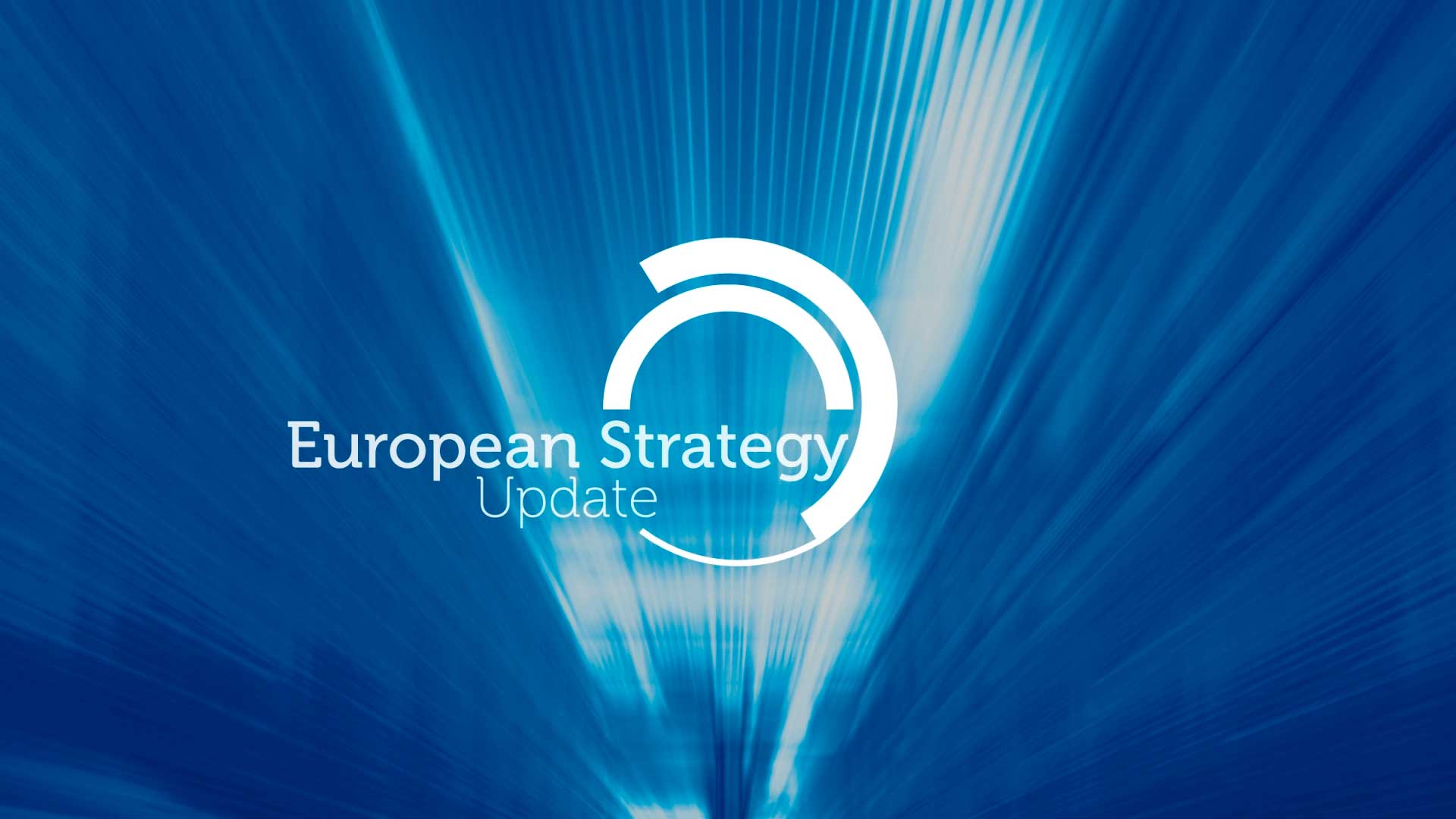
During its last meeting at the end of September, the CERN Council formally finalised the organisation of the process of updating the European particle physics strategy. The Physics Preparatory Group was therefore appointed, the working group responsible for producing the final scientific document, which will be drafted on the basis of input and contributions from the scientific community.
The third update of the European particle physics strategy had been launched on 21 March by the CERN Council, the body that guides the European strategy and that consists of representatives from all member states. In June, the Council elected Karl Jakobs, from the University of Freiburg, as Strategy Secretary and established the European Strategy Group, which must submit the final document for Council approval at the beginning of 2026.
According to the European Strategy Group's mandate, the goal of the new strategy is to develop "a visionary and concrete plan that significantly advances knowledge in fundamental physics through the implementation of the next flagship project at CERN". Over the next year and a half, therefore, the entire European particle physics scientific community will work to develop a common vision for the future of the field in Europe, which will include the design of the next large accelerator to succeed the Large Hadron Collider (LHC).
The previous update of the European Particle Physics Strategy, completed in 2020, recommended that Europe, together with its international partners, examines the technical and financial feasibility of a future hadron collider at CERN with an energy in the centre of mass of at least 100 TeV, the Future Circular Collider (FCC). The FCC project was also to envisage an electron-positron Higgs "factory" (FCC-ee) as a possible first phase. Since then, significant progress has been made and today there is international consensus on the Higgs factory. An interim report on the feasibility study of FCC as a multi-stage machine was submitted in March 2024, and the final report is scheduled for spring 2025.
Moreover, in December 2023, a planning study in the United States indicated giving support to a Higgs factory based outside the United States as a priority. And in April 2024, a joint statement of intent from CERN and the U.S. government emphasised the importance of collaborating on the feasibility study of the FCC-ee Higgs factory, and its construction and scientific exploitation, should CERN member states indicate FCC-ee as the next CERN research structure.
In addition to providing input on the next accelerator at CERN, the strategy update must also prioritise alternative options to be pursued should the main project prove not to be feasible or competitive. It will also indicate priority areas for complementary scientific studies both on accelerators and in other related research fields such as detector and computer research and development, theoretical studies, actions to minimise environmental impact and improve the sustainability of accelerator physics, as well as initiatives to attract and train young researchers and involve civil society.
"CERN has just celebrated seven decades of revolutionary advances in science and technology, achieved through international collaboration. This success is the result of CERN's unique culture and the courage of its community to pursue projects at the limit of human capabilities - all of which has been possible only due to the support of our Member and Associate Member States and our partners worldwide. Future projects will be even more challenging, but their scientific and technological impact is expected to be immense. The future of CERN and of the field is bright", commented CERN director general Fabiola Gianotti.
During the September session of the CERN Council, it was also announced that the next Strategy Open Symposium, during which researchers will be invited to discuss the future direction of European particle physics, will be held in Venice, Italy, on 23-27 June 2025.
"We are coming to a crucial moment for particle physics: we are aware that what emerges from the next European strategy will mark the future of fundamental physics worldwide. We are protagonists in this process and will bring our contribution with vision and a sense of responsibility, as we have always done in these 70 years of CERN's life", says Antonio Zoccoli, INFN president. "We will now prepare to welcome the entire European scientific community in Venice, knowing that the June meeting is a defining moment to build together the scientific project that will allow Europe and CERN to retain world leadership in this field of research, one of the most advanced and impactful for science, technology and society".






